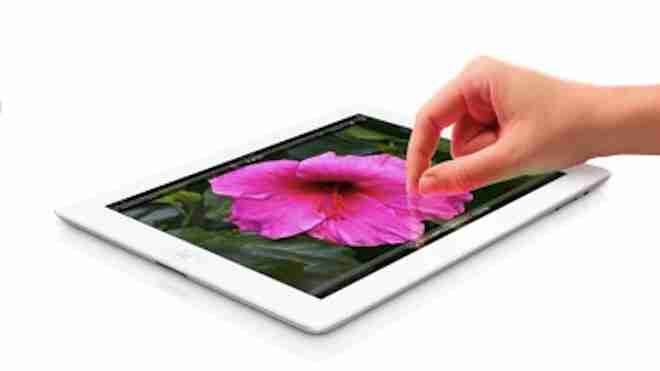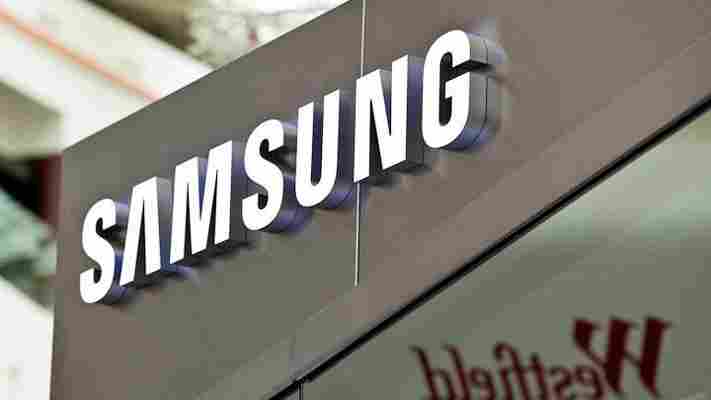Apple this morning announced that the third generation of its massively popular tablet computer, the powerful, Retina display-sporting ‘new iPad’ as they call it, will hit 12 new countries next Friday, and 9 more next week.

On April 20, the new iPad (here’s what it looks like under a microscope ) will go on sale in South Korea, Brunei, Croatia, Cyprus, Dominican Republic, El Salvador, Guatemala, Malaysia, Panama, St Maarten, Uruguay and Venezuela.
A week after that, on April 27, Apple will also start selling the device in Colombia, Estonia, India, Israel, Latvia, Lithuania, Montenegro, South Africa and Thailand.
No word about a China launch yet, but that’s only a matter of time .
Conveniently, the news was announced a week before Apple will hold its second-quarter financial conference call (on April 24).
The news about the expansion to 21 new markets comes nearly a month after the new iPad hit stores in the United States, Australia, Canada, France, Germany, Hong Kong, Japan, Singapore, Switzerland and the UK.
The company later said it sold 3 million iPads in a matter of days after its debut.
We’re eagerly awaiting updated sales numbers.
Also read:
Watch an iPad being made in this rare video from inside Apple’s Foxconn factory
‘iPad’ is in danger of becoming a generic trademark – and that’s great for Apple
Apple reportedly has a 7.85″ version of the iPad in its labs, but that shouldn’t surprise you
Here’s the full press release:
Samsung begins producing next-gen mobile memory with industry’s first 30nm 2GB LPDDR3 chips
Samsung Electronics on Tuesday announced that it has begun production of 2GB LPDDR3 (low power double-data-rate 3) mobile memory using a 30 nanometer production scale, an industry first that should bring bandwidth levels equal to that of current-generation PCs to mobile devices when they arrive next year.

The LPDDR3 package is stacked with four chips and is needed for “fast processors, high resolution displays and 3D graphics in tablets and smartphones”.
Wanhoon Hong, Samsung’s executive vice president of memory sales and marketing, said the company is “moving very assertively” to expand its leadership in the global memory market with the introduction of 2GB LPDDR3.
The first devices featuring LPDDR3 memory are expected to arrive next year . The chips will support data transfers up to 1,600 Mbps, roughly 50 percent faster than existing LPDDR2 DRAM. Bandwidth performance is believed to be equivalent to that of PCs and notebooks from 2011 and 2012.
LPDDR3 should also bring advances to HD video playback on smartphones and tablets, as it has high data transfer rates that “enable playing of full HD video content in real-time”, according to Samsung.
The new chips arrive almost a year after the company launched its 30nm-class 2GB LPDDR2 memory. The current-generation iPad, the iPhone 5 and Samsung’s Galaxy S III currently make use of LPDDR2 memory. 2GB chips are just starting to make their way to smartphones, as one of the first handsets with 2GB of memory, the LG Optimus G , just launched on Tuesday.
Images via Samsung
Next-generation Xbox and PlayStation consoles to debut at E3 2012
If you are waiting for Microsoft and Sony to unveil their next-generation consoles, both companies are expected to announce their new Xbox and PlayStation gaming machines at this year’s E3 gaming expo, MCV reports .

Microsoft and Sony will join Nintendo at the expo, which is set to deliver more information and demo its new Wii U console having launched it at last year’s event, as each company looks to ensure they don’t let their rivals don’t steal a march on the other.
It will also mark the first time that all three gaming giants will deliver new consoles in the Last Vegas show’s 17-year history.
According to MCV, Microsoft had been rumoured to outline its plans for its new console at E3 2012 in June, but recently moved to update its partners that it would attend the show and launch its new gaming machine.
The popular gaming website also details Sony’s plans:
With Nintendo unveiling the Wii U at E3 2011, gamers already have an idea of what Nintendo will launch later this year. The company is set to differ from existing gaming consoles in the respect that its tablet-like controller will be able to operate separately from the console itself, providing game developers with the option to deliver different apps and control options for gamers.
Reports have suggested the Japanese company is working to include its own app store on the console , allowing developers to offer companion apps, guides and downloadable games.
